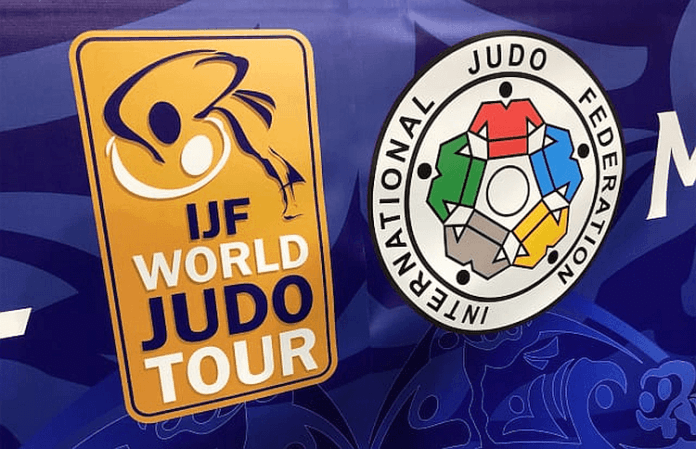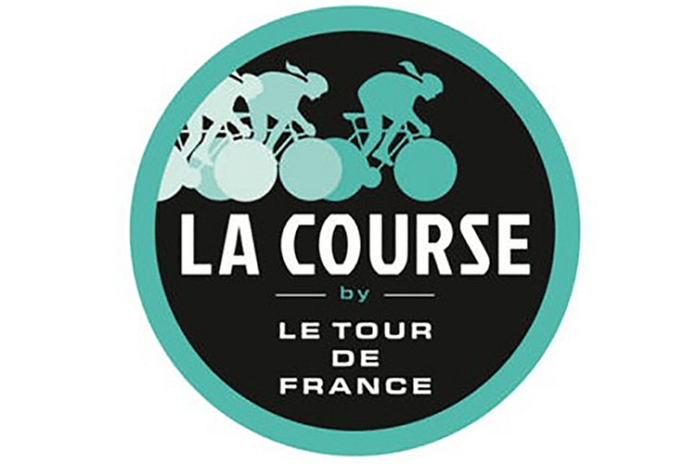 The International Judo Federation has a reputation for efficiency and thoroughness, both traits endemic to that sport.
The International Judo Federation has a reputation for efficiency and thoroughness, both traits endemic to that sport.
It has a comprehensive World Tour, continental championships, fairly easy-to-follow rankings systems and a modest prize money program, which – rare among the International Federations – requires that coaches receive 20% of the winnings from a World Tour event.
(Yes, the scoring can be confusing, but the IJF has a home-page guide and there are other good sites to visit to learn about what makes a fabulous ippon.)
Among the many International Federations, the IJF Web site is one of the better ones, with excellent, early information on entries, the availability of live scoring for many of its World Tour tournament, photography, video and a lot more.
But now the shadow of gambling has begun to eclipse some of what makes the IJF so special.
One of the best aspects of the IJF World Tour site was the information on confirmed entries in each weight class well prior to the start of the tournament. Every federation should do what the IJF had done and put up the entries for public inspection as soon as the entry deadline was met.
But now that’s over.
The IJF issued a notice on 5 July that announced a major change:
“The decision not to make public the entry lists of the World Judo Tour Events prior to the official draw of the events was recently taken by the International Judo Federation. Our organisation understands that this tool was very useful for media and judo fans allover the world to follow the competitions and the Olympic qualification.
“In a very sensitive period, where every competition and every single point can make the difference when the final list of the athletes qualified for the Olympic Games will be released, our duty is to guarantee the fairness for every participant.
“All World Judo Tour events are run according to the IJF Sport and Organisation Rules and we pay a particular attention to the code of ethics. Recently the International Olympic Committee asked all International Federations to improve the rules and procedures concerning competition manipulation and match fixing. The IJF recently published a new version of it’s rules and we are pleased to say that we are fully compliant with the ‘Olympic Movement Code on the Prevention of the Manipulation of Competitions.’
“The decision to not publish the list of participants prior to the draw contributes to maintain equity and fairness for all delegations. The IJF is working diligently to guarantee that competition manipulation and match fixing are and stay out of the judo world. We will after the World Championships in Tokyo at the end of August release information about what can be made public and in which conditions to make sure that all competitors participating in the World Judo Tour events have the exact same chances to qualify for the Olympic Games.”
So no more entries until the day before a tournament starts; for a normal event held from Friday through Sunday, the draw takes place on Thursday.
No more reviews of the entries early in the week to see who might be matched up. No way for media to preview a tournament; for next week’s Zagreb Grand Prix in Croatia, a huge field of 672 judoka from 92 countries have entered, but none are listed publicly, and won’t be until the draw is held on Thursday, 25 July, beginning at 2 p.m.
This is a step backwards.
The International Association of Athletics Federations (IAAF) posted its provisional entry lists for this weekend’s Muller Anniversary Games in London on Tuesday. Will Jamaica’s Shelly-Ann Fraser-Pryce be able to stay ahead of Dina Asher-Smith (GBR) and Marie-Josee Ta Lou (CIV)? Will Greece’s Olympic and World Champion vaulter Katerina Stefanidi continue her mastery of American Sandi Morris? Will Qatar’s Mutaz Essa Barshim be able to show if he is truly recovered from his injuries of 2018?
These are the pillars of promotion of which stories are written and tickets are sold. Fine for track & field, but what happens to judo now?
And how do you keep the news that France’s Teddy Riner – 10-time World Judo Champion and winner of 148 matches in a row – is going to compete in a tournament silent from those who really want to know and find out from outlets as innocent as a friend mentioning it on Twitter, or as sinister as a tournament official somewhere who is paid off to divulge specific entries?
Match-fixing is a serious issue; other sports such as tennis have been plagued by cheating. And the matches that are fixed are not championships, but can be matches in the middle of the draw that might go otherwise unnoticed.
Here’s a wild scheme to consider: Although the head of the Iranian Judo Federation and the National Olympic Committee of Iran promised in a 9 May letter to IJF chief Marius Vizer to “respect the Olympic Charter and its non-discrimination principle,” there have been subsequent reports that Iran’s policy of not competing against Israeli athletes – and losing matches if necessary to maintain this stance – will remain in place. Knowing the entries and seedings of some weight classes early on could allow a betting ring to create significant action on whether an Iranian judoka will or won’t fight an Israeli.
Following the IOC’s lead on the matter is hardly a given for the IJF, given Vizer’s heavy criticism of IOC President Thomas Bach at the SportAccord meeting in Sochi (RUS) in 2015. And although IJF is a tier-3 federation, receiving $15.25 million in IOC television revenues from the 2016 Rio Games, it had almost $30 million in non-IOC revenue in 2017, including $20 million from its own events.
The IJF’s stance on entries is likely too aggressive, but the current policy is only going to be in place for a month, until its promised guidance after the 2019 World Championships is issued.
Hopefully, the new guidelines will restore entry information in a way which will allow the sport to continue its growth in popularity. Casting its events into darkness is not the way to a brighter future.
Rich Perelman
Editor


























